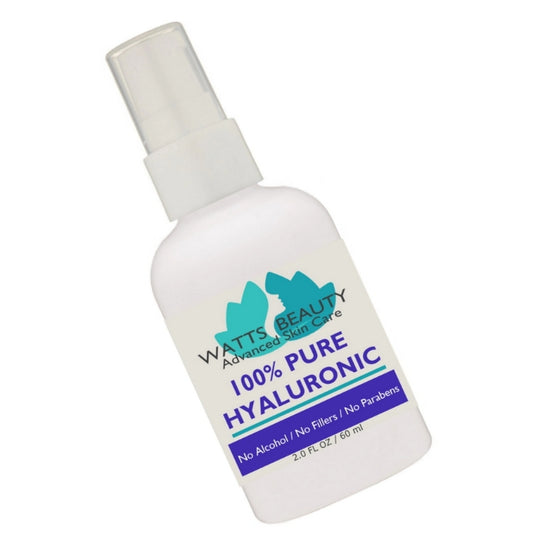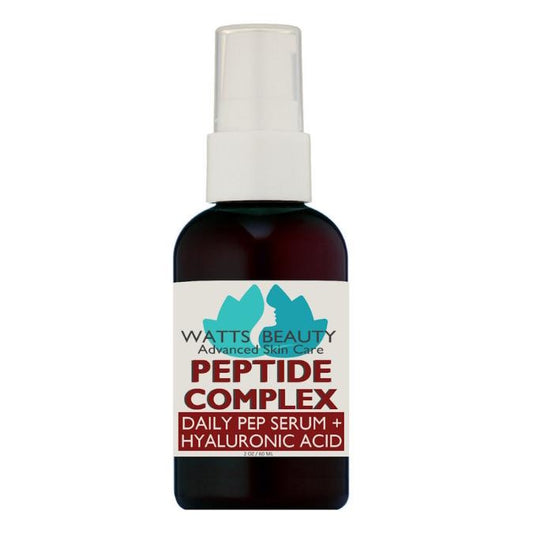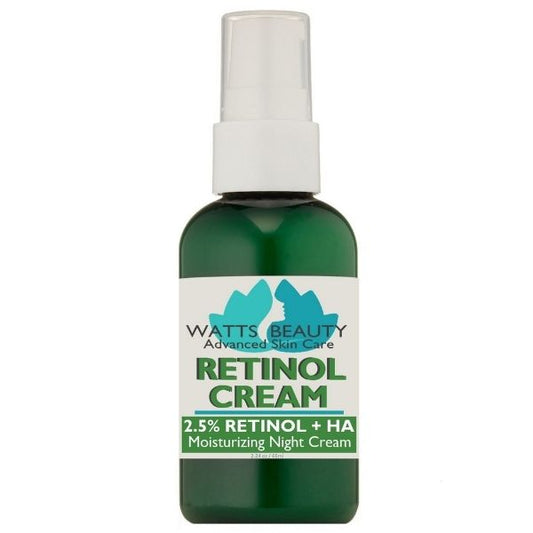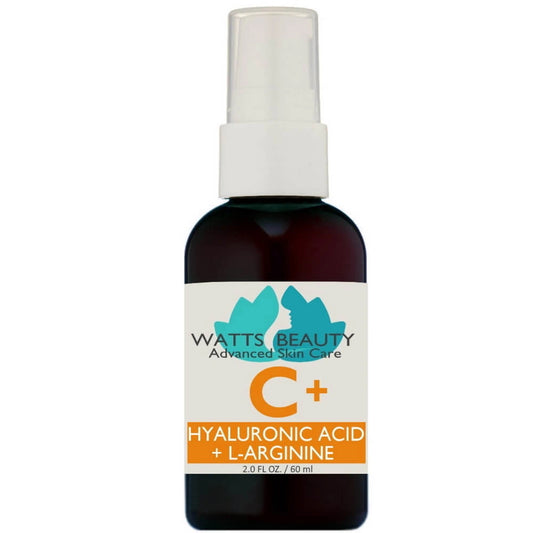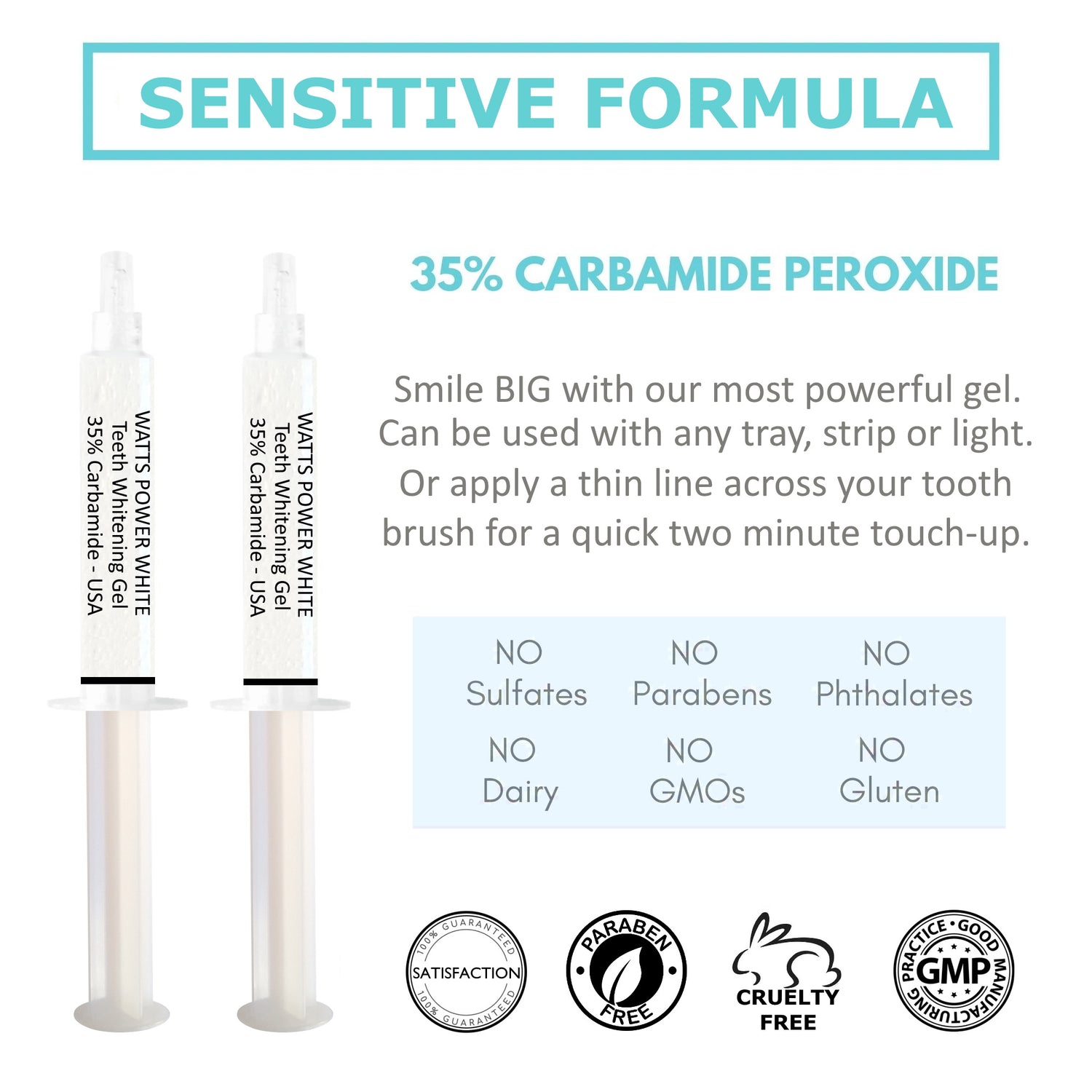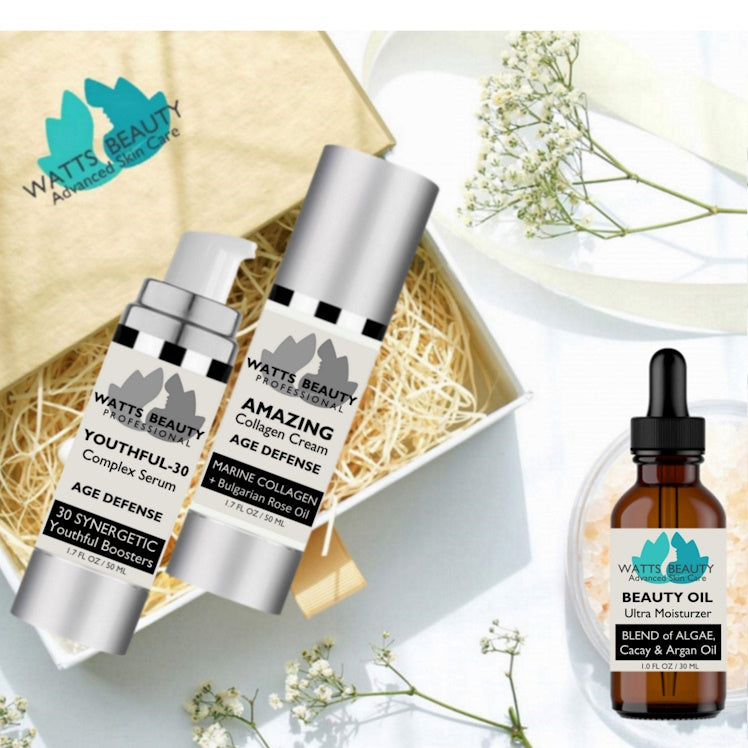How To Prevent and Treat Skin Inflammation Naturally
Skin inflammation is a common concern that many people experience at some point in their lives. Whether caused by external irritants, stress, or lifestyle factors, the discomfort can be frustrating. While topical treatments are often the go-to solution, a more holistic approach that combines natural remedies, lifestyle adjustments, and dietary changes can offer long-term benefits. In this article, we will explore several natural ways to prevent and treat skin inflammation, focusing on diet, hydration, stress management, and herbal remedies.
Understanding Skin Inflammation
Skin inflammation occurs when the skin reacts to various internal or external triggers. It can manifest as redness, swelling, dryness, or irritation. The causes of skin inflammation can range from environmental factors, like pollution or allergens, to lifestyle choices such as poor diet or high-stress levels. Inflammation, when it becomes chronic, can impact the overall health of the skin, leading to discomfort and potential flare-ups.
While inflammation is part of the body's natural defense mechanism, maintaining a balance is key to keeping the skin in optimal condition. Fortunately, several natural methods can help manage and prevent skin inflammation.
1. Dietary Changes: Eating Anti-Inflammatory Foods
What we eat plays a significant role in the health of our skin. Certain foods are known to have anti-inflammatory properties that may help support healthy skin. Incorporating these foods into your diet can provide nourishment and help keep inflammation at bay.
Omega-3 Fatty Acids: Foods rich in omega-3 fatty acids, such as flaxseeds, chia seeds, walnuts, and fatty fish like salmon, have been shown to support the body's ability to manage inflammation. Omega-3s help to maintain the skin's moisture barrier, making it more resilient to environmental stressors.
Antioxidant-Rich Foods: Antioxidants protect the skin from oxidative stress and free radical damage, which can contribute to inflammation. Berries (like blueberries, strawberries, and raspberries), dark leafy greens (like spinach and kale), and colorful vegetables (like bell peppers and sweet potatoes) are packed with antioxidants. These foods can contribute to overall skin health by reducing inflammation at the cellular level.
Anti-Inflammatory Spices: Certain spices, such as turmeric, ginger, and cinnamon, are known for their anti-inflammatory properties. Adding these spices to your meals or drinking them in teas can help reduce skin inflammation naturally. Curcumin, the active compound in turmeric, has been linked to soothing properties that may help alleviate discomfort associated with inflammation.
Probiotics: Gut health and skin health are closely linked. Probiotics, found in foods like yogurt, kefir, kimchi, and sauerkraut, may support a balanced gut microbiome, which can, in turn, contribute to healthier skin. A balanced gut flora helps regulate immune responses and may prevent excessive inflammation that can affect the skin.
2. Hydration: The Power of Water
Keeping the body properly hydrated is essential for maintaining healthy, glowing skin. Skin that is dehydrated is more prone to irritation, dryness, and inflammation. Water helps to flush out toxins from the body and supports the skin's ability to regenerate.
Drinking enough water throughout the day is essential, but so is maintaining your skin's moisture barrier. In addition to water, incorporating hydrating foods like cucumbers, watermelon, and citrus fruits can provide your skin with the hydration it needs to stay smooth and supple.
If you suffer from chronic skin conditions, it's also important to be mindful of the beverages you consume. Excessive alcohol and caffeine can contribute to dehydration and may exacerbate inflammation. Opting for herbal teas like chamomile or green tea can hydrate the body while providing additional anti-inflammatory benefits.
3. Stress Management: Reducing the Impact of Stress on Skin
Stress is one of the major factors that can exacerbate skin inflammation. When the body is under stress, it releases cortisol, a hormone that can trigger inflammatory responses in the body. This may lead to flare-ups and heightened skin sensitivity.
To prevent stress from negatively impacting your skin, it is essential to incorporate relaxation practices into your daily routine. Meditation, deep breathing exercises, and yoga can help manage stress and reduce its effects on the skin. Regular physical activity, such as walking or swimming, also encourages the release of endorphins, the body's natural mood-boosting hormones, which can improve overall well-being and help balance the effects of stress.
Getting enough sleep is another crucial aspect of stress management. During sleep, the body has the opportunity to repair and rejuvenate, including the skin. Adequate rest can help maintain the skin's integrity and prevent inflammation from escalating.
4. Herbal Remedies: Natural Soothing Solutions
Nature offers a wide range of herbs and plants with soothing properties that can be beneficial for inflamed skin. These natural remedies can be applied topically or consumed as teas to promote skin comfort and reduce irritation.
Aloe Vera: Known for its cooling and calming properties, aloe vera is often used to alleviate skin irritation. It contains compounds like acemannan that have anti-inflammatory effects, helping to soothe inflamed skin. You can apply fresh aloe vera gel directly to the affected areas or use store-bought products that contain aloe as a primary ingredient.
Chamomile: Chamomile is often used in skincare due to its anti-inflammatory and calming properties. Drinking chamomile tea can help calm the body's internal inflammation, while applying chamomile-infused creams or oils to the skin may help reduce redness and discomfort. Chamomile is especially effective for sensitive or dry skin.
Calendula: Calendula, also known as marigold, has long been used to support skin health. Its anti-inflammatory and antimicrobial properties can help calm inflamed skin. Calendula oil or cream can be applied directly to the skin to soothe irritation and promote healing.
Green Tea: Green tea is rich in antioxidants, particularly catechins, which have been shown to have anti-inflammatory effects. Drinking green tea or applying cooled green tea bags to inflamed areas may help reduce swelling and discomfort. The cooling effect also provides relief to irritated skin.
Lavender: Lavender is widely known for its calming aroma, but it also has anti-inflammatory properties that can benefit the skin. Lavender essential oil, diluted with a carrier oil, can be applied topically to inflamed areas. It helps soothe the skin while offering a relaxing scent.
5. Topical Natural Treatments: Soothe and Protect the Skin
Alongside herbal remedies, there are a variety of natural oils and treatments that can be applied directly to the skin to help manage inflammation.
Coconut Oil: Coconut oil is widely used for its moisturizing and anti-inflammatory properties. Rich in fatty acids, it helps nourish the skin while reducing irritation. Applying a small amount of virgin coconut oil to the skin can help lock in moisture and promote a smoother texture.
Jojoba Oil: Jojoba oil is a gentle, non-comedogenic oil that closely resembles the skin's natural oils. It has anti-inflammatory and moisturizing effects, making it ideal for soothing dry and inflamed skin. Jojoba oil can be massaged gently onto the skin to help restore balance and hydration.
Honey: Honey has been used for centuries as a natural remedy for its antimicrobial and soothing properties. It can be applied directly to the skin to calm inflammation and provide hydration. Honey also helps create a barrier to lock in moisture, preventing further irritation.
Gentle Skin Relief
Preventing and treating skin inflammation naturally is about embracing a holistic approach that involves balancing the internal and external factors that influence skin health. By incorporating anti-inflammatory foods, staying hydrated, managing stress, and using herbal remedies and natural topical treatments, you can support your skin's natural ability to stay calm, balanced, and resilient. Remember, consistency is key, and while these methods may not provide immediate results, they contribute to long-term skin health.
Whether you are looking to prevent inflammation or soothe an existing flare-up, these natural approaches provide a safe, sustainable way to support your skin's well-being. Always listen to your skin, be patient, and enjoy the process of nurturing your skin with nature's gifts.
Disclaimer: The above helpful resources content contains personal opinions and experiences. The information provided is for general knowledge and does not constitute professional advice.
You may also be interested in: Watts Beauty Amazing Marine Collagen Cream - Face Neck ...
Frustrated with skincare products that overpromise and underdeliver? Your medicine cabinet tells the story of broken promises. Watts Beauty was created by medical professionals who understand this frustration. Our clinically tested formulas deliver visible results at affordable prices - professional-grade ingredients starting at just $13. Each purchase also helps domestic violence survivors rebuild their lives. Join thousands of satisfied customers who've discovered skincare that keeps its promises. Shop now and reveal your radiant skin today!
Powered by flareAI.

